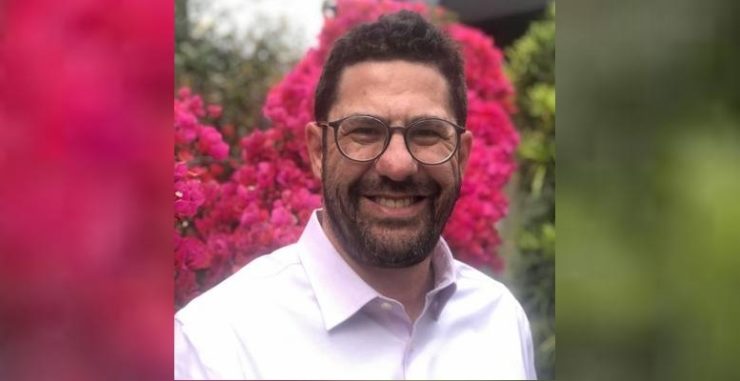 Pasadena Now ran a short article that caught my attention on Thursday. In short, The Los Angeles County Board of Supervisors Tuesday approved $10 million in funding for cities and local Councils of Government who need help paying for supportive services at interim housing sites. Supervisors Hilda Solis and Kathryn Barger, our representative, co-authored the motion recommending the fund.
Pasadena Now ran a short article that caught my attention on Thursday. In short, The Los Angeles County Board of Supervisors Tuesday approved $10 million in funding for cities and local Councils of Government who need help paying for supportive services at interim housing sites. Supervisors Hilda Solis and Kathryn Barger, our representative, co-authored the motion recommending the fund.
The Supervisors recognize that ‘local jurisdictions have proven that they are active partners in finding a solution to homelessness.’ Solis highlighted a number of new projects, including “tiny homes” projects in Baldwin Park and Montebello with 25 interim beds each. Redondo Beach opened a “pallet shelter” last December, while El Monte purchased two motels set to open soon to people experiencing homelessness.
Why is this so significant? It is not talking about Pasadena, so why am I sharing it with you? That is precisely the reason: Pasadena is not mentioned because our city has rejected all manners of creative interim housing solutions that are happening in Baldwin Park, Montebello, Redondo Beach and El Monte. Tiny homes; pallet shelters; motels; sound familiar?
I am only one of the many people that have written about, spoken about, protested and argued for out-of-the-box thinking in regards to temporary and transitional housing in our city. And what has the answer been each time? No and no and no. Wouldn’t work here; no available space; not enough funding; neighbors wouldn’t permit it.
So, I have to ask: if it can work in these other cities (and they are just the ones mentioned here); if we have open space; if there is now significant funding to support these kinds of projects; and if the neighborhoods would be accepting; what is our problem?
In my previous career as a pulpit rabbi, I was known for being more strident, biting and challenging in my sermons, often referring to the Bible about caring for the poor, to theologian activists like Abraham Joshua Heschel and Martin Luther King, Jr., to modern leaders like Rabbi Jill Jacobs, Rabbi Sharon Brous and Rev. William Barber. I was sometimes criticized for being too “political” or too “divisive” when I challenged the status quo on poverty, racial injustice, homelessness and economic injustice.
In my current job, as Executive Director of Friends In Deed, I have had a different role, much more conciliatory and inclusive.
However, FID is an interfaith organization, grounded in the belief that each person is created in the image of God, deserving of compassion, connection and dignity. As such, I feel called, again, to speak out against the intransient, stubborn and tired arguments that the leaders of our city, and the residents who support them, continue to put forward about why we can’t be like El Monte, Redondo Beach, Baldwin Park, and other parts of LA County that are trying to do something, anything, to help those souls living on the streets to have a roof over their heads.
Is this the permanent solution? No, which is why it is called “transitional housing.”
Kathryn Barger, our supervisor, said, “Our cities have become ground zero — the front line where individuals are linked to service providers, housing navigation and critical wrap-around services. Their role as a touch point in the homeless services delivery system is critical to crafting effective strategies that will help end homelessness.”
Friends In Deed prides itself on being a front line agency, providing housing navigation and critical need services so people can rebuild their lives. We are dedicated to reducing and preventing homelessness. With infrastructure support, funding and partnerships, we are ready to make more kinds of creative solutions a reality in our city. There are old lots sitting empty, like the former fast food restaurant on Lake Ave and Orange Grove Blvd; the Kaiser property on Lake and Villa; the rundown and nearly vacant strip mall on Colorado and Daisy; and probably many others that I haven’t seen.
Take a drive down the 110 freeway south and see the new pallet shelter village that is opening up, a partnership between the City of LA and Hope of the Valley, one of several locations that the faith-based nonprofit organization has opened in the past few years. I have already written about them and their successes.
We are just a few weeks away from Thanksgiving, and then the start of the holiday season. While we cannot run our emergency overnight shelter again this year due to COVID, Friends In Deed will be providing cold weather supplies, and a very limited number of motel rooms on cold or rainy nights. If the pallet shelters are a band-aid on the problem, single night stays for a few people are a cotton swab.
Imagine if we could put our most vulnerable neighbors, like seniors, women, and those who are ill or disabled into a more long-term, transitional ‘home’ while we work with them to find a permanent option for them.
At the moment we can’t, so if those experiencing homelessness don’t want to go to El Monte, Baldwin Park or Redondo Beach, they will stay on the streets of Pasadena. I invite the leaders of our city, and those who are against finding solutions, to have the courage, and courtesy, to at least tell our neighbors living on the streets face-to-face why this is so.












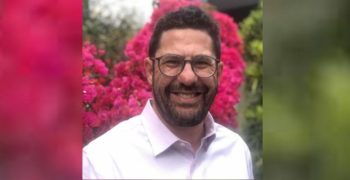



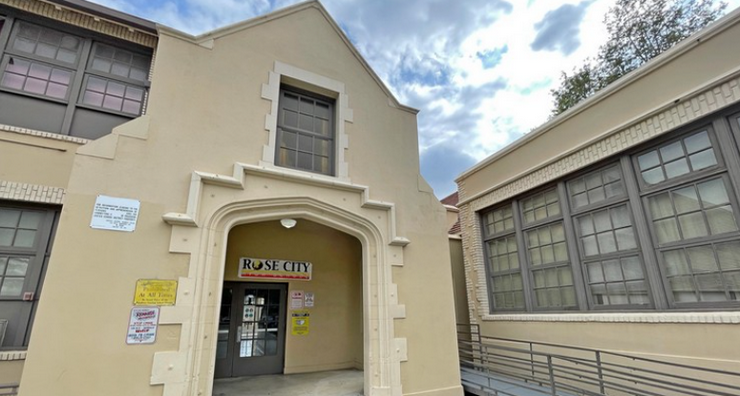
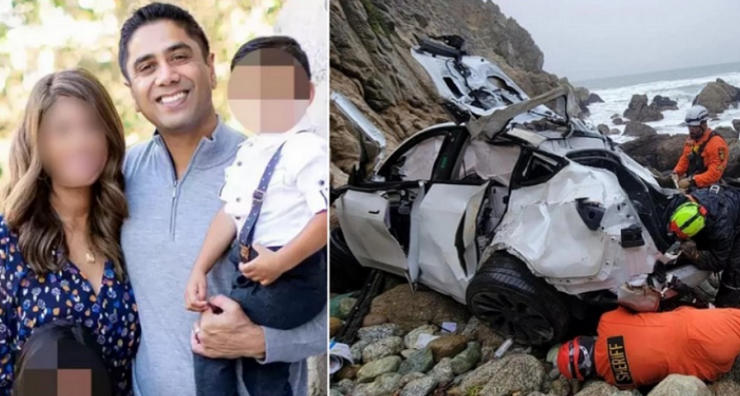
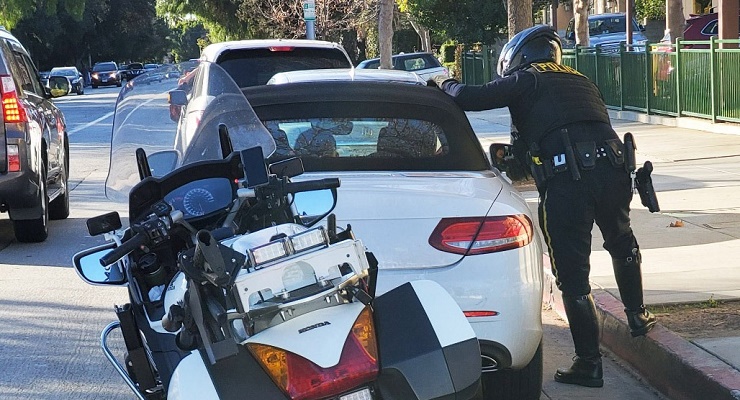
One thought on “Guest Opinion | Rabbi Joshua Levine Grater: Why Can’t Pasadena Be Creative on Transitional Housing?”
You are right on and I support your strength and determination!